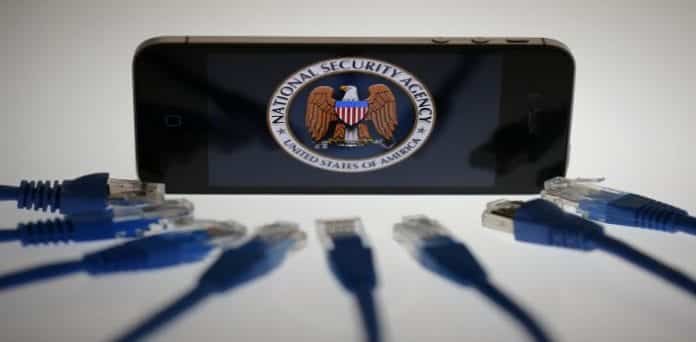In the months before leaker Edward Snowden revealed the practice, The NSA (National Security Agency) considered abandoning its secret program to collect and store American calling records
The NSA leaders strongly defended the phone records program to Congress and the public, but without disclosing the internal debate.
The behind-the-scenes NSA concerns, which have not been reported previously and only discovered as a result of the Snowden leak, could be relevant as Congress decides whether to renew or modify the phone records collection when the law authorizing it expires in June.
After the program was disclosed, it was obvious to argue, saying the records could give a secret intelligence agency a road map to Americans’ private activities. NSA officials presented a forceful rebuttal that helped shaped public opinion.
President Barack Obama in January 2014 proposed that the NSA stop collecting the records, but instead request them when needed in terrorism investigations from telephone companies, which tend to keep them for 18 months.
The president insisted that legislation is required to adopt his proposal, and Congress has not acted yet. So, in the mean time, the NSA continues to collect and store records of private U.S. phone calls for use in terrorism investigations under Section 215 of the Patriot Act.
Alexander argued, that it allows the FBI and the NSA to hunt for domestic plots by searching American calling records against phone numbers associated with international terrorists. He and other NSA officials support Obama’s plan to let the phone companies keep the data, as long as the government quickly can search it in the 18 months they are required to retain it.
The actual proposal to halt phone records collection that was circulating in 2013 was separate from a 2009 examination of the program by NSA, sparked by objections from a senior NSA official, reported in November by The Associated Press.
In that case, a senior NSA code breaker learned about the program and concluded it was wrong for the agency to collect and store American records. The NSA enlisted the Justice Department in an examination of whether the search function could be preserved with the records stores by the phone companies.
By 2013, some NSA officials were ready to finally stop the bulk collection even though they knew they would lose the ability to, without a warrant, search a database of U.S. calling records. As always, the FBI still would be able to obtain the phone records of suspects through a court order warrant.
After the Snowden leaks, A presidential task force, composed of included Michael Morell, a former deputy CIA director, and Richard Clarke, a former White House counter terrorism adviser they examined NSA surveillance and recommended ending the phone records collection, saying it posed unacceptable privacy risks while doing little if anything to stop terrorism.
They concluded saying
“We cannot discount the risk, in light of the lessons of our own history, that at some point in the future, high-level government officials will decide that this massive database of extraordinarily sensitive private information is there for the plucking,”
David Medine, chairman of that board, said the concerns raised internally by NSA officials were the same as theirs, yet when NSA officials came before the privacy board, said
“put on a pretty strong defense for the program. Except their success stories didn’t pan out.”.
